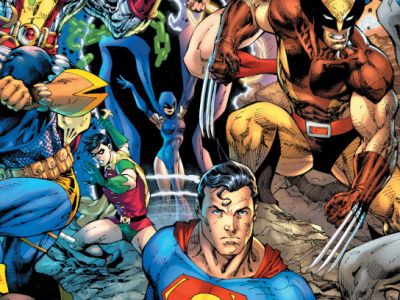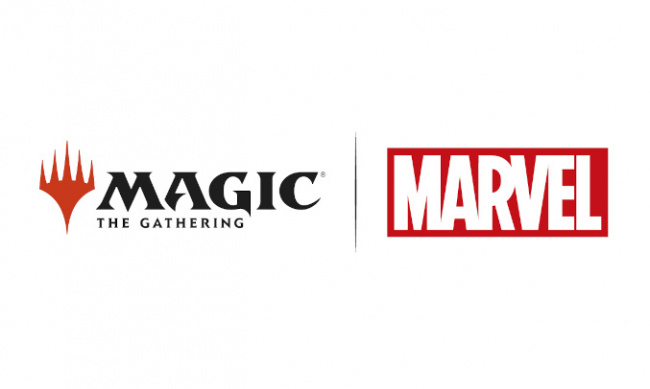A recent article in the Japan Times detailed the problems faced by publishers in the world's most successful comic book industry. Manga sales represent almost 40% of all units sold by Japanese publishers and bring in nearly 25% of industry revenues, and in addition the top ten anime series on Japanese TV are all based on manga, but in spite of sales figures and media penetration that would be the envy of publishers in any other country, all is not well with Japanese manga publishers. The biggest problem is with sales of the numerous manga anthologies, where earnings on the 281 different manga magazines declined a substantial 3.1% in 2002, the seventh straight year of declining sales. Shueisha's Shonen Jump, the best-selling anthology magazine has seen its sales decline from more than 6 million copies per issue in the mid 1990s to 3.2 million. Kodansha's Shukan Morning (weekly morning) has a circulation of only around 700,000 in spite of the fact that it carries Takehiko Inoue's popular Vagabond and Shuho Sato's Black Jack.
In contrast to the decline in magazines, sales of the trade paperback collections of individual titles (tankoubon) managed a slight gain of a tenth of a percentage point. Actually many manga publishers believe that as many or even more people are reading manga now, they just aren't going about it in the traditional fashion. More and more readers are bypassing the magazines and waiting for the tankoubon editions. Even more troubling to Japanese publishers is the rise of the Book-Off chain, where patrons can buy slightly used tankoubon editions at a discount and then sell them back to the store. In Japan, where publishers and distributors have made it virtually impossible for retailers to discount new books, the resale system employed by the Book-Off store represents a real challenge, especially during the tough economic times that Japan is experiencing now. It has even been suggested that publishers and retailers should set up a rental system similar to the revenue sharing system used for videos in the U.S. to offer consumers an alternative to the Book-Off resale model that would preserve publisher revenues.







